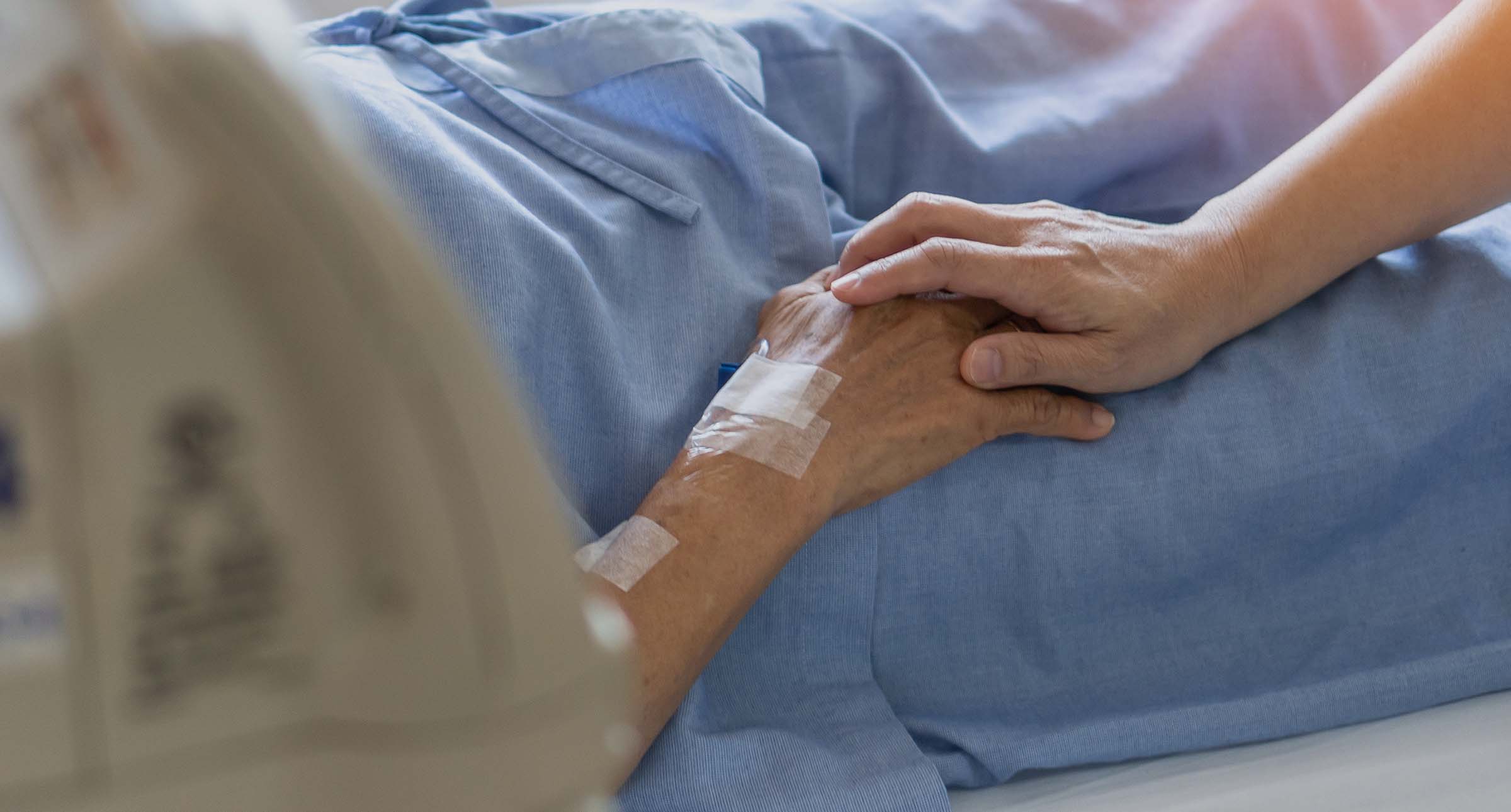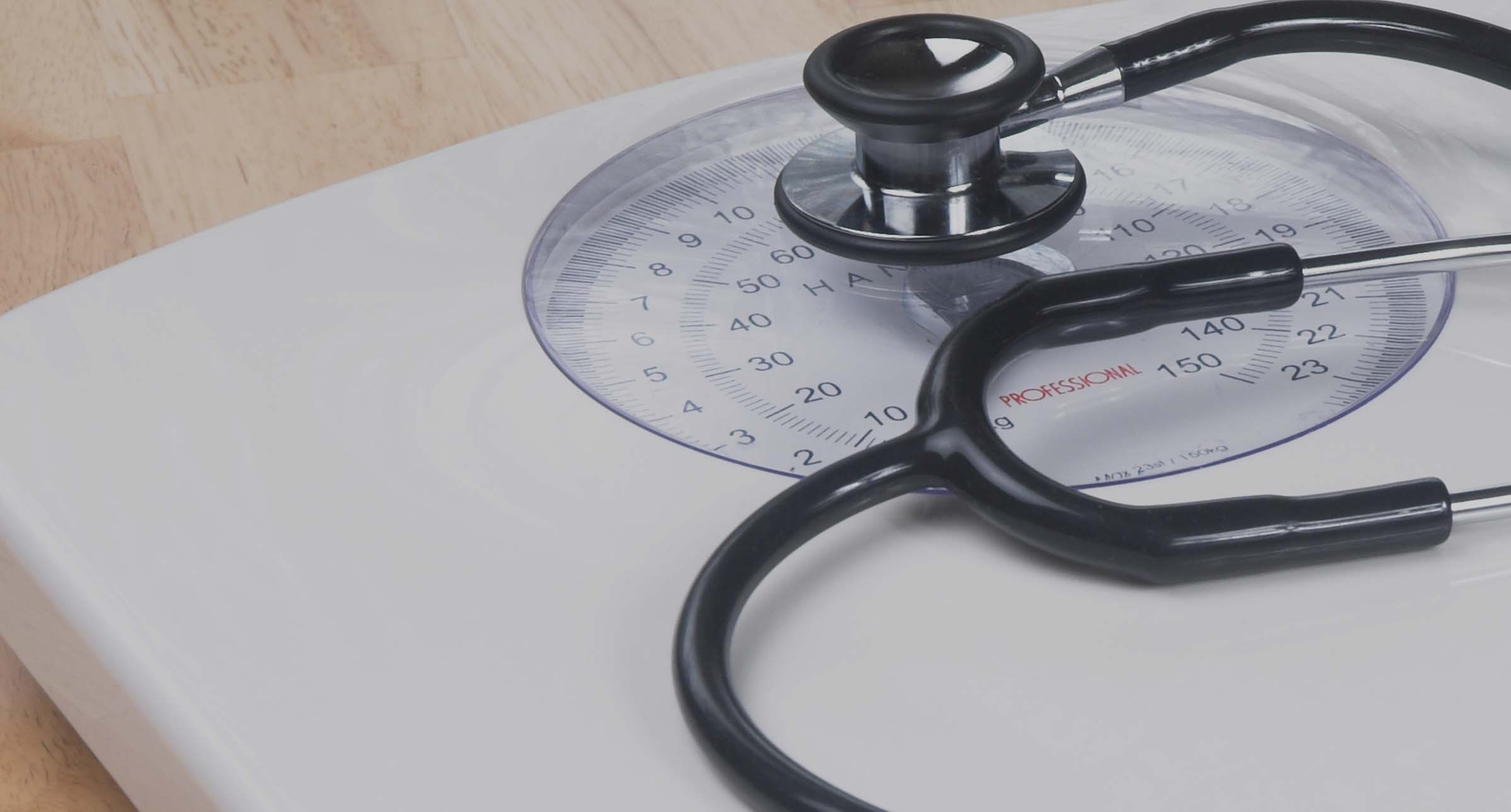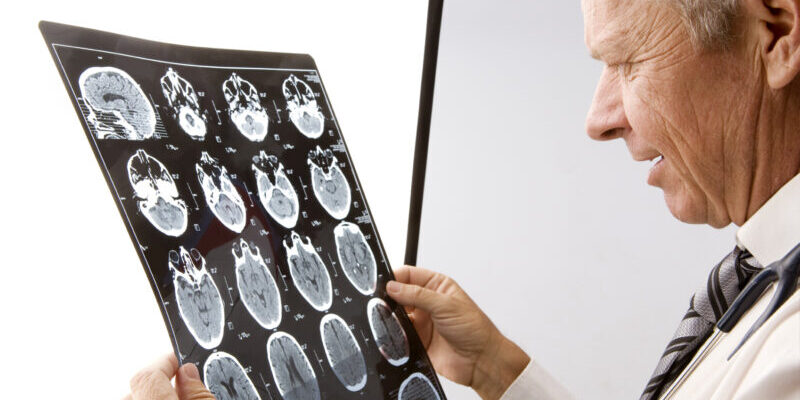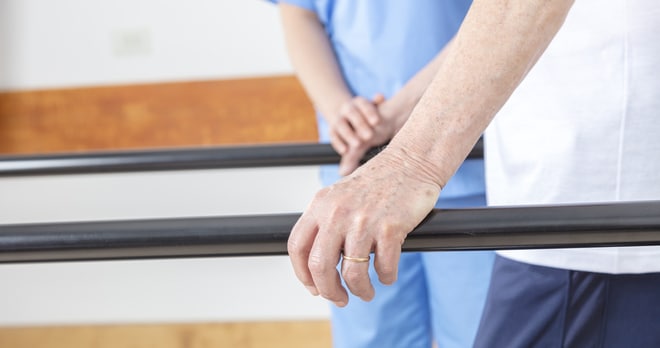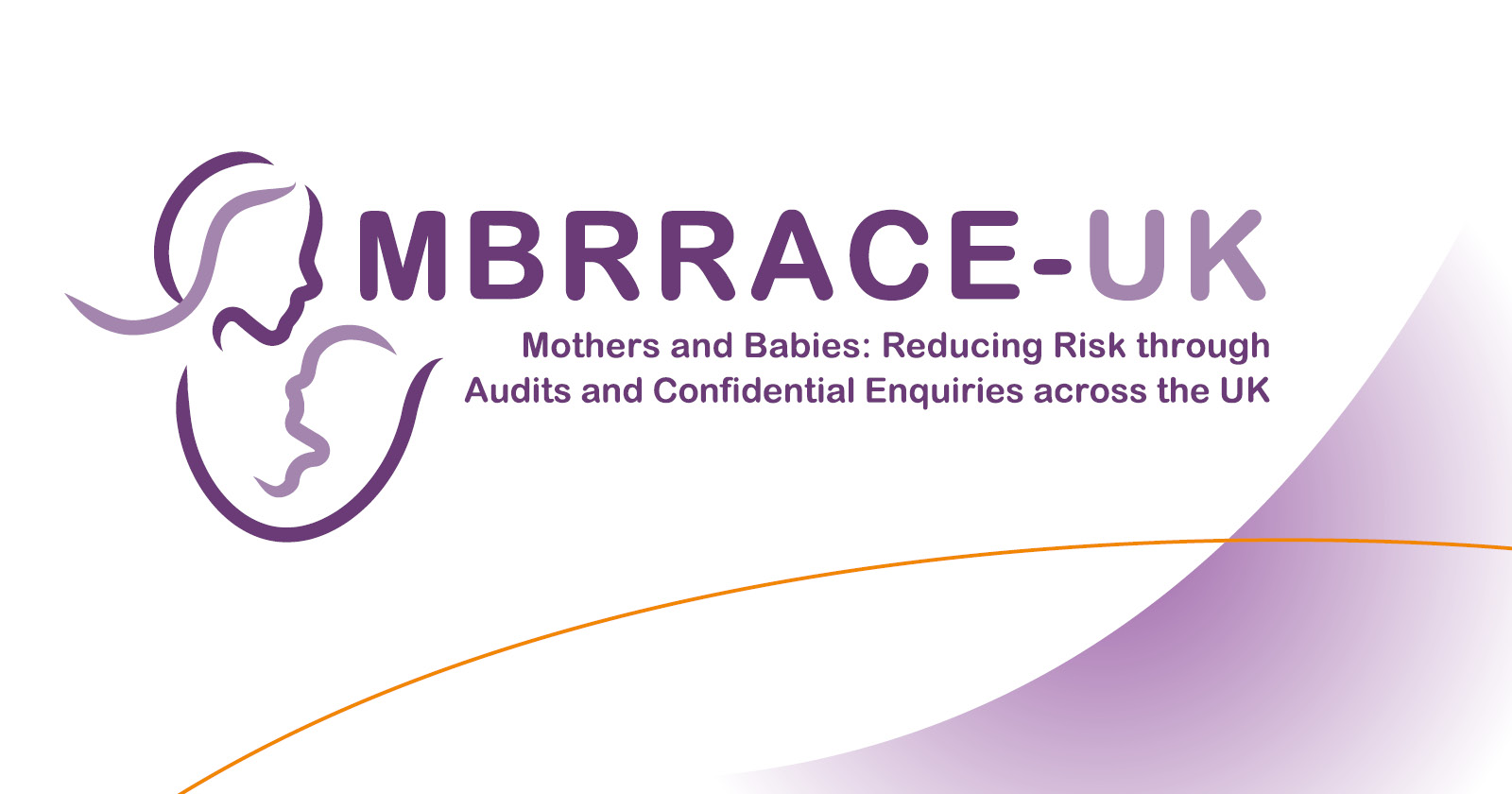What is breach of duty and causation in clinical negligence claims?

Breach of duty and causation are core elements when determining whether a medical negligence claim will succeed. If these two elements of a claim can be established, a claimant is likely to have suffered negligence and be entitled to compensation.
What is breach of duty?
A medical practitioner owes a duty of care to their patient. This duty is to take reasonable care to:
- Take a proper history;
- Investigate the patient’s symptoms and complaints properly;
- Make proper differential diagnoses;
- Make any necessary referrals to specialists;
- Initiate action in order to take all reasonable steps to procure the health of the patient;
- Provide a reasonable course of treatment;
- Follow the patient up afterwards if that is reasonably necessary.
There are two elements to establishing breach of duty of care:
- Firstly, the appropriate standard of care must be determined;
- Secondly, the claimant must show that the standard of care received fell below the standard required of a reasonable competent practitioner in the same discipline.
The practitioner is judged within the context of their clinical field and in accordance with the views of their colleagues.
The claimant has the burden of establishing two key legal tests:
- breach of duty of care resulting in injury;
- that any identified breach caused, on the balance of probabilities, the injury suffered.
This means that the injured patient (through their lawyers) has to provide the court with evidence showing that the doctor breached their duty of care to the patient, and that the breach, more likely than not, caused the injuries.
What is an example of breach of duty?
An example of a breach of duty would be where a swab is left in a patient during an operation or where an incorrect drug is administered in the course of treatment.
What is causation?
Once a breach of duty has been established, the claimant then has to show that the identified breach led to an outcome that would have otherwise been avoided. This is known as the ‘but for’ test, as in ‘but for the negligence, the claimant would not have been left with their injuries’.
Causation is medical negligence cases can be very complicated. There may be many factors which are involved in causing an injury, some of which were due to negligent acts and others not. If the outcome would have been the same notwithstanding any negligence acts contributing, then there will be no claim. If however, you cannot determine and apportion what damage has been caused by each factor involved, then you will recover damages in full. This is known as “material contribution”.
What are causation reports?
Where breach of duty has been established, an expert in the same medical field as the relevant practitioner will prepare a causation report.
In this report, the expert will consider the evidence, to include the claimant’s medical records and witness statement, and provide a full, detailed, impartial and evidence-based opinion on whether the breach(es) identified on the balance of probabilities caused the claimant’s injury.
In coming to their conclusion, the expert will apply the legal tests outlined above within their report and use the relevant professional guidance, NICE guidelines and evidence-based research.
What is the difference between causation and breach of duty?
Causation and breach of duty are two parts of a clinical negligence claim; breach of duty is when a medical professional has not provided a patient with an acceptable level of care, whereas causation establishes whether the breach has directly caused, or materially contributed towards, the harm suffered by a patient.
How breach of duty of care compensation works
Financial compensation awarded is intended to put the claimant back in the position they would have been in but for the negligence.
Once negligence has been established, an independent medical expert will need to provide evidence by way of a report to show:
- What would have happened if the negligence had not occurred;
- What has happened because of the negligence (causation); and
- What, if any, are the long-term consequences of the claimant’s injuries.
This is usually referred to as condition and prognosis evidence.
The expert must also consider the claimant’s original medical condition and any underlying conditions pre-negligence and advise on whether this would, in any case, have impacted the claimant and their ability to undertake work and/or leisure activities.
Compensation can be claimed for:
-
General damages: pain, suffering and loss of amenity (PSLA)
This is a sum of money which is paid to reflect:
- The pain, physical harm, suffering and disability which has occurred because of the negligence;
- How the injuries have affected the claimant’s loss of enjoyment of life. Consideration is given to how the claimant’s injuries affect their daily activities socially, domestically, work or leisure.
The assessment of this sum is done on an individual basis, with reference to the Judicial College Guidelines for the Assessment of General Damages and reported cases.
-
Past special damages
This is a claim for any reasonable financial losses and ‘out of pocket’ expenses i.e. money that has already been spent as a direct result of the injury caused by the negligent treatment.
This includes:
- Loss of earnings: The claimant will need to prove any loss of earnings claimed. For someone employed, this will be by way of payslips and P60s.
- Paid care and support: If a claimant has reasonably paid for care, domestic support and gardening, for example, as a direct result of the injury, they will be entitled to recover the costs from the Defendant. Receipts should be provided.
- Gratuitous care and support: In most cases, a claimant relies on the help of friends or family. Where a family member or friend providers care or helps with household or other tasks, a claim for this unpaid care can be made.
- Other financial losses: There may be many other expenses incurred such as prescription charges, treatment costs, travelling expenses and equipment that can be claimed for.
-
Future special damages
This is a claim for future financial losses and expenditure that might reasonably be incurred.
Future losses include claims for:
- Loss of earnings and loss of pension;
- Future case management and care;
- Medical treatment and therapies;
- Aids and equipment;
- Accommodation costs;
- Gardening and DIY.
Quantum experts will usually be instructed to provide their opinion on matters relating to the likely costs to be incurred. Details of the amount the claimant is claiming by way of compensation are set out in a schedule of loss and damage.
Interim payments
In some cases, the claimant may receive an interim payment before the case is finally settled or goes to court. This is where the medical provider has admitted or agreed that they are liable to compensate the claimant, but the exact amount has not yet been agreed.
Full and final settlement
Full and final settlement means that you cannot bring another claim in relation to the same negligent treatment again.
Most clinical negligence claims settle without the need for a full trial and the basis upon which a settlement is known as the terms of settlement. Where a case has been issued, those terms are set out in a Consent Order.
From acquired brain injuries and dental negligence, to birth injuries and spinal injuries, RWK Goodman’s expert clinical negligence solicitors have an exhaustive experience of clinical negligence claims and compensation.
At RWK Goodman, we will help you understand whether you can make a clinical negligence claim and explain what level of damages you can expect, should your claim be successful.
Our team sees a claim both as an opportunity to secure the future for you and to throw a spotlight on vital patient safety lessons for medical institutions, avoiding further instances of substandard care.
Call now
